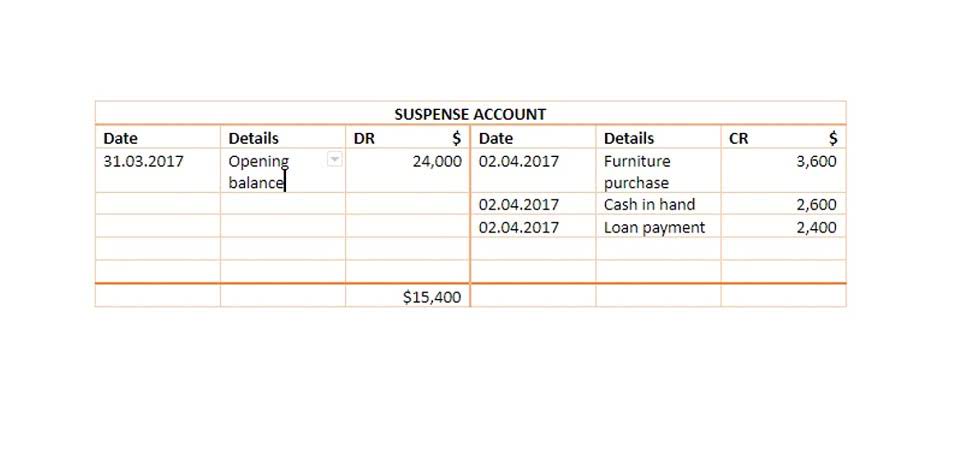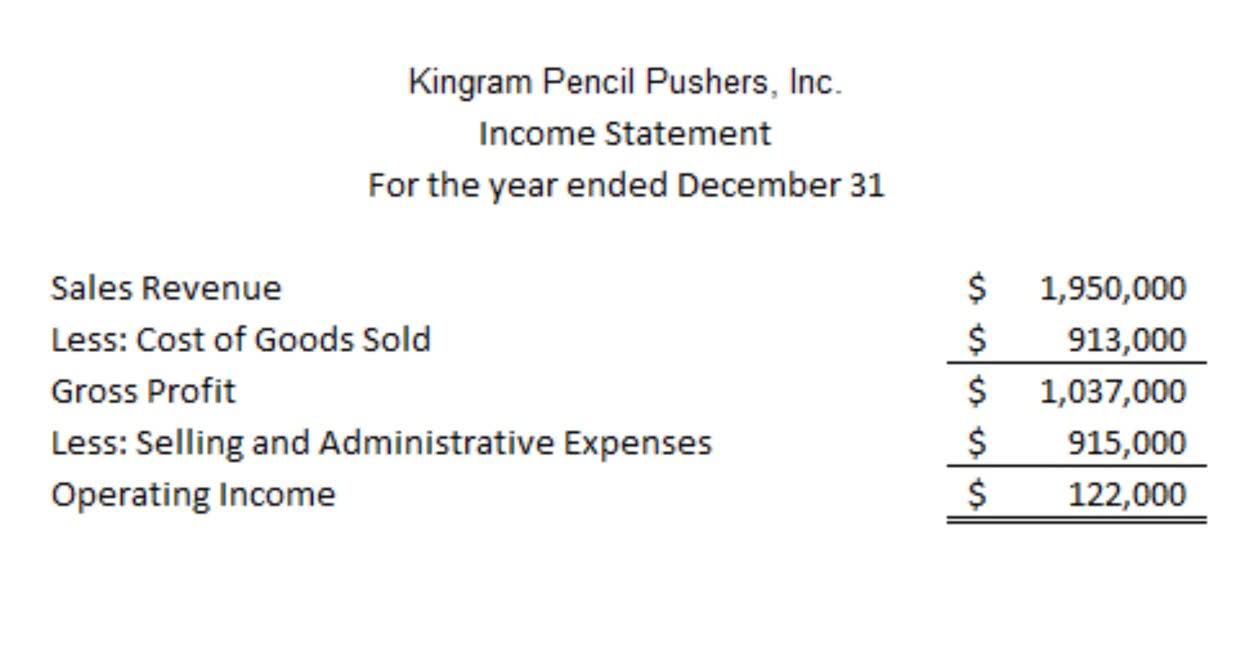
Understanding the accrual basis of accounting is crucial for accurate financial reporting. The accounting method under which revenues are recognized on the income statement when they are earned (rather than when the cash is received). An accrual basis journal entry follows the double-entry bookkeeping system. It involves debiting and crediting accounts to reflect the earned revenue or incurred expenses. For example, recording accounts receivable when services are rendered but not yet paid. For accrual accounting, revenues are recorded when earned and expenses are recorded when incurred.
Components of Accrual Accounting
A cash basis system is much simpler (and less costly) than the accrual accounting method, but it won’t work for every system. If the business is run by a sole proprietor and only deals in cash, then cash basis accounting might be the right accounting method. But, in most cases, accrual accounting makes better financial sense, especially as the company grows and begins to require accountability to stakeholders. A small business may elect to avoid using the accrual basis of accounting, since it requires a certain amount of accounting expertise. This method arose from the increasing complexity of business transactions and a desire for more accurate financial information.
- Deferred revenue is the term used when your business has received payment for a good or service you haven’t yet provided to them.
- Accrued expenses happen when the entity has received goods or services from its suppliers, yet it does not receive an invoice or similar kind of bill.
- This provides a more accurate representation of project profitability and financial performance over time.
- Hi, this is Ashutosh – I am the creator of the “Space Shuttle Strategy” and most credit repair guides on this website.
- Assets are resources that a company owns and can use to generate revenue, while liabilities are obligations that a company owes to others.
- For accrual accounting, revenues are recorded when earned and expenses are recorded when incurred.
Accrual accounting definition

Without accruals, the amount of revenue, expense, and profit or loss in a period will not necessarily reflect the actual level of economic activity within a business. Modified accrual accounting is an alternative bookkeeping method that combines accrual basis accounting with cash basis accounting. It recognizes revenues when they become available and measurable and, with a few exceptions, records expenditures when liabilities are incurred. The accrual method requires businesses to factor in “allowance for doubtful accounts” since goods are delivered to customers prior to payments being received, and some customers may fail to pay. Accrual basis accounting is a way https://www.yef.co.sz/2020/09/18/how-to-create-a-flexible-budget-performance-report/ to record revenue and expenses when they happen, not just when the cash changes hands.
- Accrual accounting is an accounting method in which payments and expenses are credited and debited when earned or incurred.
- Comment below if you have any questions related to accrual accounting entry.
- To address this, the cash flow statement is prepared to reconcile accrual-based net income with real cash inflows and outflows.
- Prepaids and accruals are central components of this method, allowing for the proper timing of expense and revenue recognition.
- In cash basis accounting, revenue is recognized only when cash is physically received.
- If a company incurs an expense, it needs to be recorded even if it hasn’t been paid yet.
- Even though the customer pays the full $600 upfront, the business recognizes the revenue monthly as the service is provided.
What Is the Difference Between Cash Accounting and Accrual Accounting?

The tax basis of accounting records transactions based on rules established by tax authorities, primarily to prepare income tax returns. Under this basis, income is reported when it is taxable, and expenses are recorded when they are deductible, which may differ from when they are earned or incurred. It often follows the cash basis of accounting but may include certain accrual elements, depending on tax regulations. Financial statements prepared on a tax basis are not necessarily compliant with Generally Accepted Accounting Principles (GAAP).

You send an invoice on December 31, but the client doesn’t make the payment until January 15, 2025. It’s common for companies and customers to prepay or pay later for goods and services. Companies can also demand payment before delivering a good or service to a customer. For example, online retailers require payment before shipping; subscriptions are often paid in advance. An example of a prepaid expense is a income statement retainer for a lawyer or consultant. However, if the salary expenses are paid in the following month, we have to accrual the salary expenses as follows.

- In January 2025, when the payment is received, the company will adjust the cash account and reduce accounts receivable.
- One of the biggest challenges with accrual accounting is that it is based on a set of rules that can be complex and difficult to understand.
- Though I am paying for an expense in 2021, I have to record it in the year 2020.
- From industry-specific nuances to regulatory requirements, mastering this approach provides a powerful foundation for accounting success.
- To study it, focus on core concepts like revenue recognition, accounts receivable, and the matching principle, and practice preparing financial statements to build your skills.
- Then, the company theoretically pays the invoice in July at which point they debit the Accrued Payables account to remove the liability (now paid) and credit cash to reflect the cash outflow.
Deferred revenue is also an example of the accrual basis used when the entity receives payments before providing goods or services. A manufacturing company purchases raw materials in December but uses them to produce goods sold in January. Most accounting frameworks, including GAAP accrual basis accounting definition and IFRS, require businesses to use the accrual basis for financial reporting.
The principles of accrual accounting include the revenue recognition principle, the matching principle, adherence to GAAP, and consistency in accounting methods. One of the key benefits of accrual accounting is that it allows companies to match revenue and expenses more accurately. For example, if a company sells a product in December but does not receive payment until January, the revenue is still recognized in December because that is when the sale was made. This helps to ensure that the company’s financial statements accurately reflect its performance during the period in question. Accrual Accounting records revenues and expenses when they are earned or incurred, not when money changes hands.
